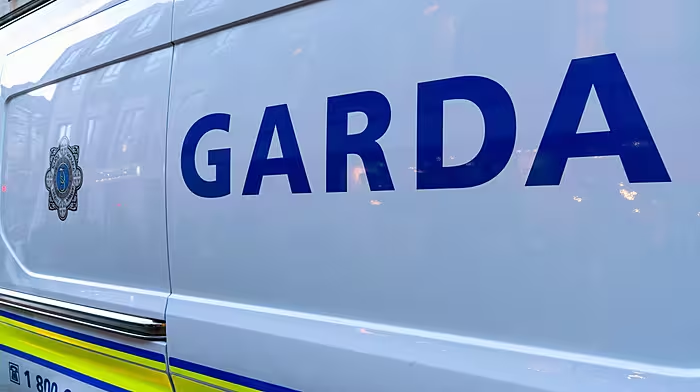A DEBATE has been ongoing in recent weeks about whether Taoiseach Micheál Martin should travel to the United States around St Patrick’s Day to present the traditional bowl of shamrock to new President Joe Biden. There is no doubt that this annual set piece – which had modest beginnings in 1952 when the Irish Ambassador to the US, John Hearne, presented shamrock to President Harry S Truman – has been of immense value to Ireland, especially in the areas of foreign direct investment and the Northern Ireland peace process in more recent decades.
During the 1960s,’70s and ’80s, the annual presentation was mainly made by diplomats, apart from the odd time when a Taoiseach or Minister happened to be in Washington, DC, to coincide with St Patrick’s Day and would do the honours. The true value of this enviable level of access to the upper echelons of the White House became more apparent in 1993 when the Irish Ambassador to the US, Dermot Gallagher, recommended that the Taoiseach of the day should travel to Washington annually to make the presentation in person to the President of the United States and avail of an important face-to-face meeting with POTUS and his team.
Taoiseach Albert Reynolds presented the shamrock to President Bill Clinton that year when there were moves going on behind the scenes to broker a ceasefire in Northern Ireland and the US influence was crucial to securing the first IRA cessation of violence within 18 months.
There were many bumps on the road in nursing the always fragile peace process along the way and, even today, it is wobbling a bit because of Loyalist unrest over the Northern Ireland protocol agreed in conjunction with the Brexit trade deal. However, readily having the ear of successive US presidents has helped to keep the ship of peace on course.
The most important aspect of the Republic of Ireland’s special relationship has been the massive investment by US multi-nationals here, accounting directly for 140,000 jobs and a multiple of this in ancillary jobs. Notwithstanding controversy over our low rate of corporation tax that helps attract them here, their contribution to our economy is vital and should always be minded and nurtured.
With a new Irish-American president in Joe Biden, there certainly will be a welcome on the mat at the White House for our Taoiseach and many argue that it would be a mistake to break the well-established tradition of presenting the bowl of shamrock and to forego the invitation to meet the President given that our economy will need all the help it can get in the coming years as it recovers from the damage the Covid-19 pandemic is doing to it. It would seem that Micheál Martin is keen to go to DC, but we will hardly be out of lockdown by then.
Perhaps he is fearful that he might become the first Fianna Fáil Taoiseach of recent decades not to get to present shamrock to a US president in Washington. Martin’s term of office in due to run until December 2022, so he will have a more realistic opportunity to travel stateside to present the shamrock in person around St Patrick’s Day of next year – unless he is unseated as Taoiseach and Fianna Fáil leader in the meantime!
But, it would by hypocritical of him to make the journey to Washington this year, given our belated but important efforts to curb foreign travel, as we try to suppress this coronavirus and its deadly variants. It would be both bad example and an insult to the people of the country who are confined to staying within 5km of home if the Taoiseach took off across the Atlantic to the United States which currently has a far worse incidence of the disease than we have.
Joe Biden will surely understand if the Taoiseach doesn’t travel this year. The shamrock can be sent out there and delivered by our ambassador in time for some sort of ceremonial online exchange between the two leaders, which would suffice.
Given his Irish roots, President Biden will, undoubtedly, be more than happy to keep the slot open for a St Patrick’s Day visit by the Taoiseach in 2022, when – hopefully for all our sakes – there will be have been a return to some sort of normality.








